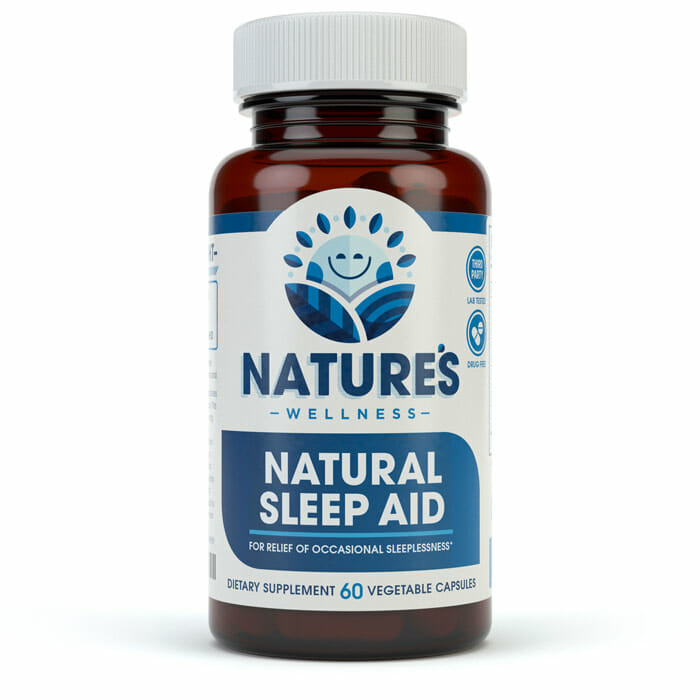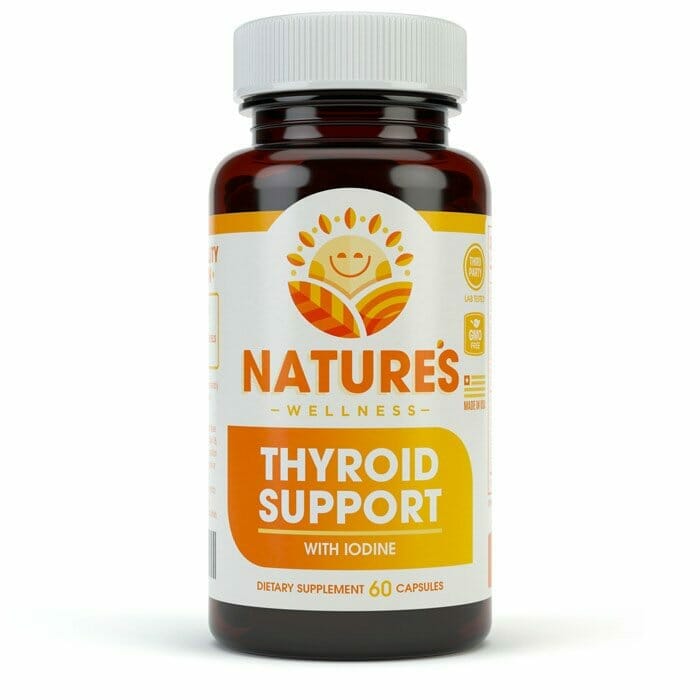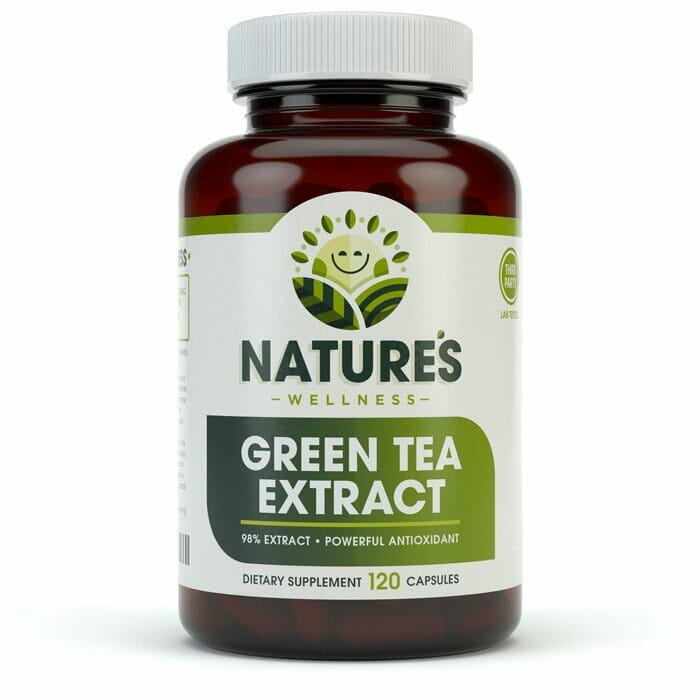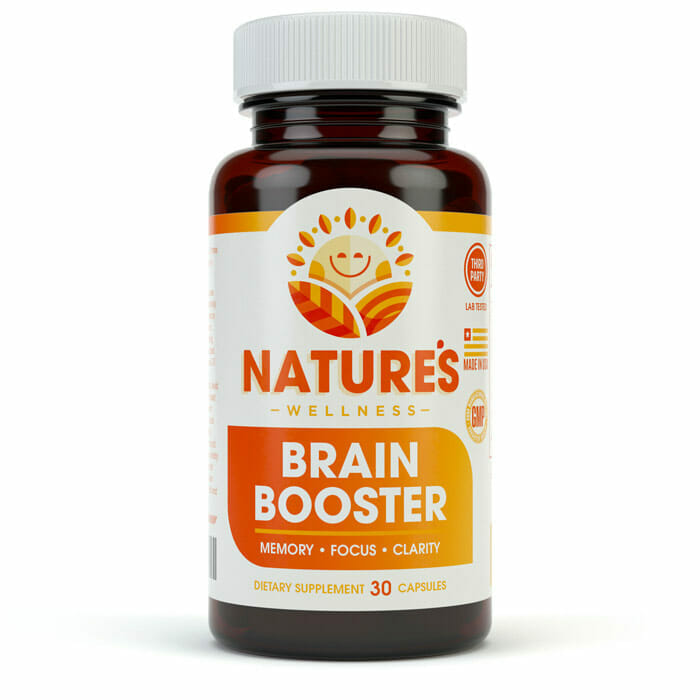
Dietary fat use to be seen as something to avoid, as many believed fat made you gain weight and increased risk of heart attack. But, over the last 20 years or so, research has proven that there are several fats commonly found in the diet that are actually incredibly beneficial, and necessary, for human health. One of the healthiest fats are the omega-3s, found primarily in fatty fish, walnuts, flax, and chia seeds. I’ll cover the incredible omega-3 benefits but in order to understand these benefits of omega-3 fats, we must first discuss the word “essential” in terms of nutrition. A nutrient is considered essential if the body cannot make it on its own and needs it for basic functioning. Several of the dietary fats are not considered essential because the body can make them from other nutrients or food components, but omega-3 and omega-6 fats must be consumed from the diet. Basically, we have to eat a certain amount of omega-6 and omega-3 fats to stay healthy.
These two essential fats need to be in balance, maintaining a ratio of omega 6 to omega-3 of at least 4 to 1, for ideal health. The problem is that the Western diet is incredibly high in omega-6 fats, but low in omega-3s. If you eat a traditional Western diet, which uses primarily vegetable oils for cooking, your ratio is likely closer to 20 to 1 of omega 6 to omega 3. This completely skewed ratio, increases inflammation, which may in turn lead to several chronic health problems.
Inflammation is very similar to having an infected cut on your finger (think redness, swelling, pain), except this type of inflammation isn’t just in a small area, it’s happening throughout the body. When the whole body is inflamed, it alerts the immune system to overreact, leading immune cells to attack the body’s own tissues, causing disease. Inflammation is triggered by poor diet, lack of exercise, pollution, and stress, factors which most of us are faced with in this modern world. It is also increased by eating too many omega-6 fats and not enough omega-3s.
Omega-3 fats help reduce inflammation by blocking some of the inflammatory pathways in the cells. Most of the health benefits seen from regularly consuming omega-3s are related to this anti-inflammatory nature. Omega-3 fats has been shown to help improve a variety of medical conditions, here are some of the benefits.
Improved Blood Cholesterol
People with a high intake of omega-3 fats in the diet, tend to have higher HDL (good) cholesterol levels and lower triglyceride levels.
Improved Blood Pressure
Research has shown that regular intake of omega-3 fats can help control blood pressure.
Improves Risk Factors Related to Diabetes
People with diabetes tend to have elevated triglyceride levels and omega-3 intake can help reduce these levels. Omega-3 intake can also improve insulin resistance, one of the key symptoms of type 2 diabetes.
Improves Symptoms of Rheumatoid Arthritis
Rheumatoid arthritis is an inflammatory condition of the joints, characterized be severe pain and swelling. Several studies have shown that omega-3 supplements can help reduce pain and joint stiffness for people with this condition. Some people have even been able to reduce their use of NSAIDs, medications commonly used to reduce inflammation in people with arthritis, because of their intake of omega-3s.
Strengthens Bones
Omega-3 intake may help increase calcium levels in the body and strengthen the bones. In one study, women who took an EPA/GLA supplement experienced less bone loss over a 3 year period when compared to those who did not take the supplement.
Reduces Risk of Certain Cancers
Omega-3 fats have been studied in relation to colon, breast, and prostate cancer. Intake of omega-3s has been linked in some studies to a decreased risk of developing cancer and may help slow the progression of the disease. But, at this time, results are still mixed in the area of omega-3s and cancer prevention, therefore further research is needed.
Improves Symptoms of Depression
Studies have shown that omega-3 supplementation, in addition to the use of prescription antidepressants, can improve symptoms of depression when compared to those who only took antidepressants. Also, people who take omega-3s regularly tend to experience fewer depressive symptoms.
Helps with Attention Deficit/Hyperactivity Disorder (ADHD)
Children with ADHD tend to have low levels of omega-3 fatty acids. These important fats play such a critical role in brain development. Children with lower levels of omega-3 fats were found to have more behavioral and learning problems, when compared to those who had normal levels.
Improves Brain Function
Omega-3 intake can help reduce age-associated cognitive decline, especially related to Alzheimer’s disease and other forms of dementia.
Reduces Risk of Macular Degeneration
Macular degeneration is the number one cause of age-related vision loss, which can lead to blindness. One study found that people who ate the most fish were less likely to have macular degeneration, compared to those who did not regularly eat fish.
Types of Omega-3
There are three types of omega-3 fats found in food: EPA, DHA, and ALA. EPA and DHA and are found primarily in fatty fish, whereas ALA is found mostly in plants. EPA and DHA seem to be the most powerful in terms of health benefits, but ALA is also likely beneficial.
Each of the omega-3s provides a different benefit and you need a little of both. EPA has been found to be cardio-protective and may help prevent cancer, diabetes, and heart attack. It may reduce the risk of all these diseases because it is the omega-3 that has the most anti-inflammatory properties. People with inflammatory diseases, such as rheumatoid arthritis, probably need higher levels of EPA for the anti-inflammatory benefit.
DHA, on the other hand, is beneficial for the brain and nervous system, especially for children and people with Alzheimer’s disease. EPA gets metabolized in the brain, therefore the brain has low levels of EPA. This does not happen with DHA and the brain can use it to repair itself or grow as needed.
The ideal dose of EPA and DHA is 1.5 to 3g per day combined. This amount can be obtained by eating 2 to 3 servings of fatty fish, such as wild-caught salmon, mackerel, and sardines. But, most of us aren’t eating enough fish per week as it can be costly or many people simply don’t like it.
ALA is another type of omega-3s found in plant such as flaxseed, walnuts, or chia seeds. The body converts ALA into EPA or DHA, but it is not very effective at doing this. It is believed that less than 1% of ALA is converted into DHA or EPA, which is why it is not considered to be as potent as the other omega-3 fats.
Healthcare providers traditionally recommend a daily omega-3 supplement to help reduce inflammation levels to counterbalance our less than ideal diets and high intake of omega-6. But, there has been some controversy about this recommendation in the past few years.
Several recent studies have shown that omega-3 supplements may not be as effective as omega-3 containing foods. A 2012 meta-analysis published in the Archives of Internal Medicine reviewed over 1,000 studies to determine the efficacy of omega-3 supplements on prevention of cardiovascular disease. In total, the analysis included over 20,000 participants who received varying doses of omega-3 supplementation. No matter what the dose, there was no effect on overall mortality or risk of heart attack
Although these results are very intriguing, don’t throw out your fish oil supplements just yet. Supplements are rarely going to be as effective as real food. Real food contains several factors that cannot be duplicated in a pill, maybe even substances science has not learned to isolate yet. Also, both of the above studies focused only on cardiovascular risk factors and omega-3s. As discussed above, omega-3s can benefit a number of other conditions such as rheumatoid arthritis, diabetes, and depression. So, just because this one research study says it may not decrease your risk of heart attacks from an omega-3 supplement, you may still want to consider taking them for other conditions.
How to Take Omega-3 Supplements
So how do you know if you should take an omega-3 supplement? First, look at your diet overall and see if you are getting enough sources omega-3s. Are you eating at least 2 servings per week of cold water fish like wild-caught salmon or mackerel? Are you eating walnuts and flax seeds on a daily basis? If the answer is no to either of those questions, you may want to consider a supplement, especially if you eat a standard American diet.
You may also need an omega-3 supplement if you have any inflammatory conditions, such as arthritis, diabetes, or autoimmune disease. Exercise also increases inflammation and athletes may also benefit from the anti-inflammatory power of omega-3s.
If you want to take a supplement, be sure to ask your doctor first, especially if you take any medications or have any medical conditions. In general, anywhere between 1 to 3 grams per day seems to be safe for most people. Or if you don’t like taking a supplement, try to eat 2-3 servings of fish per week and include plant-based sources of omega-3s also, such as flaxseeds, walnuts, and chia seeds.






